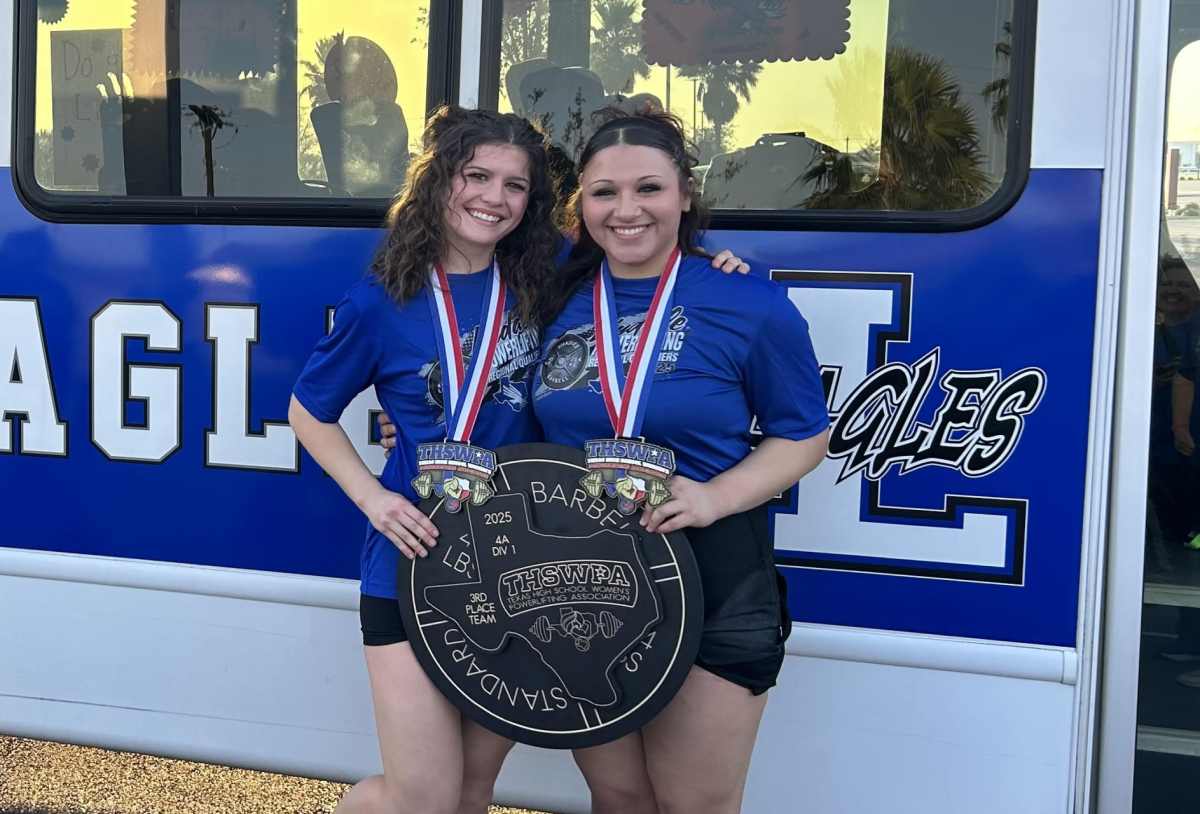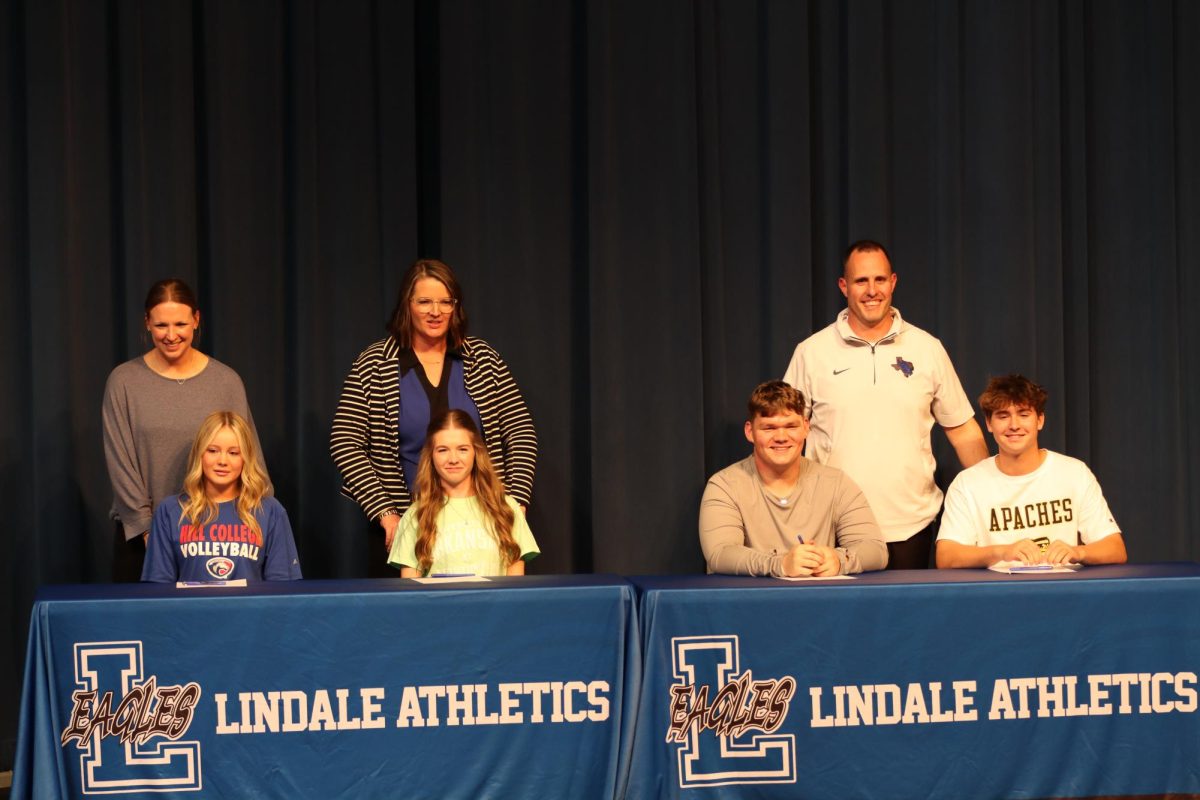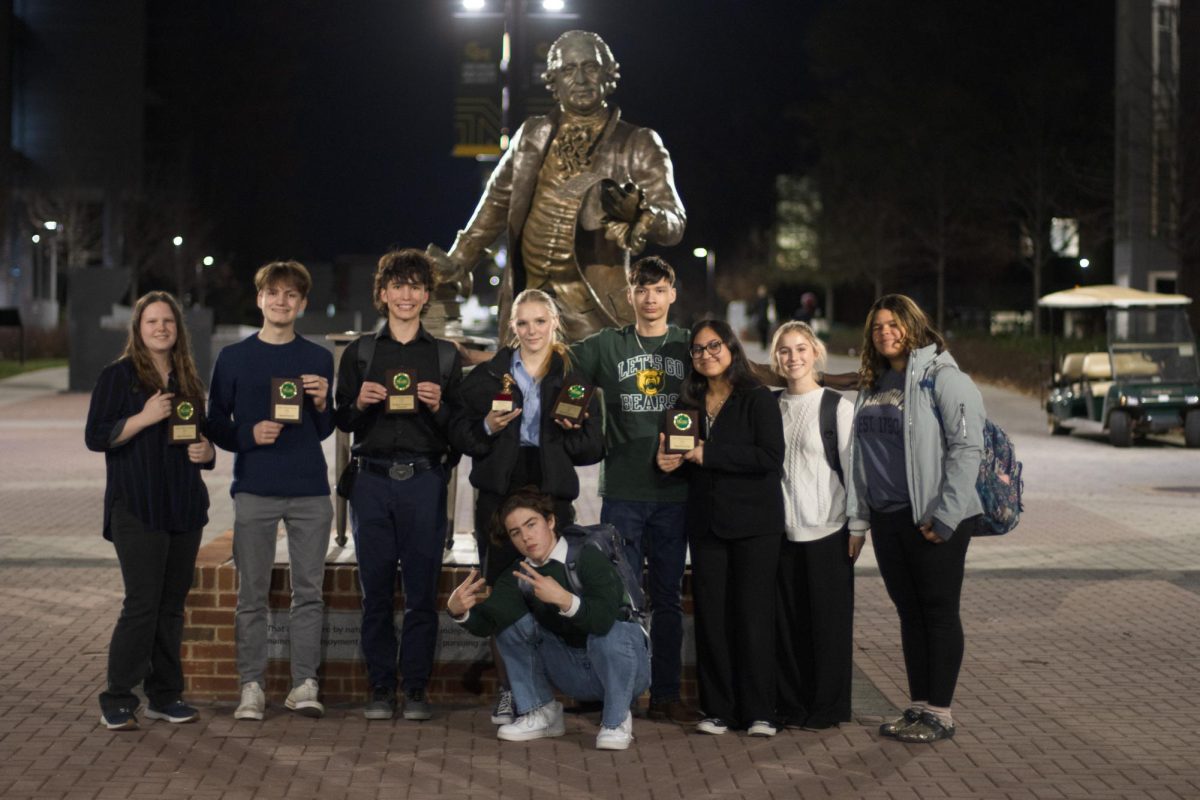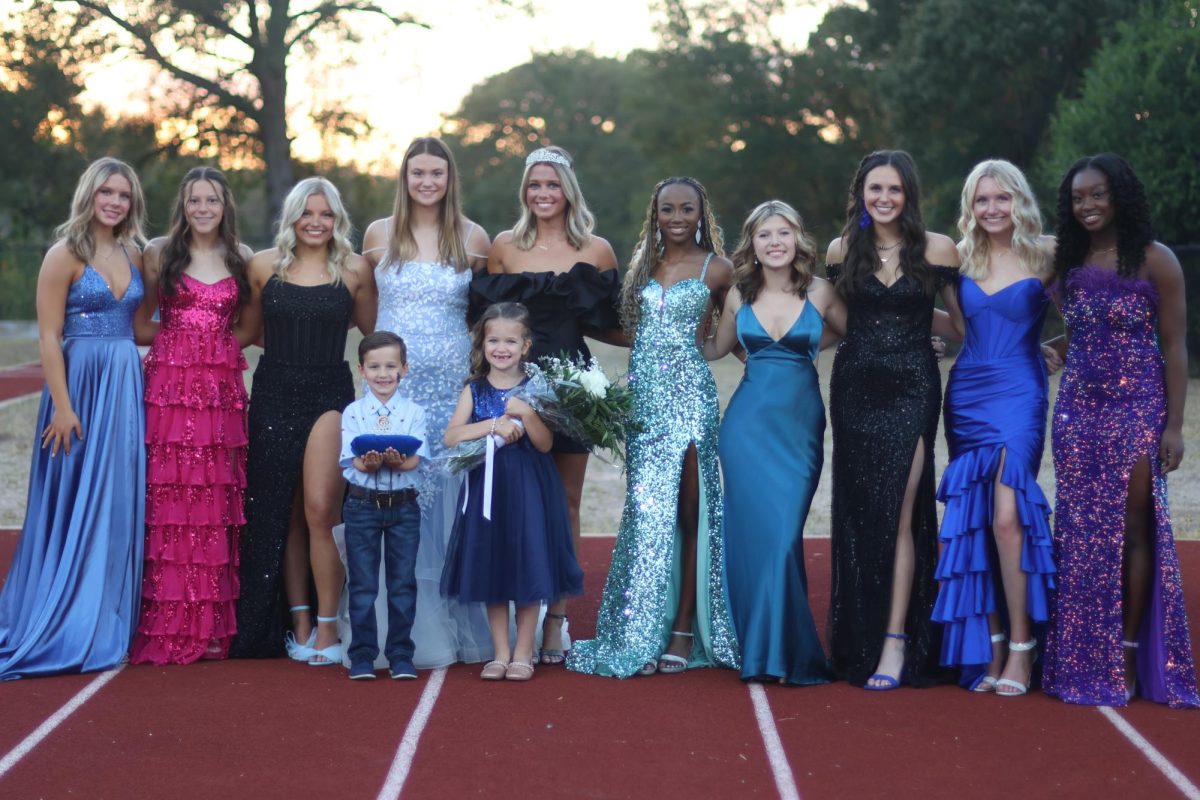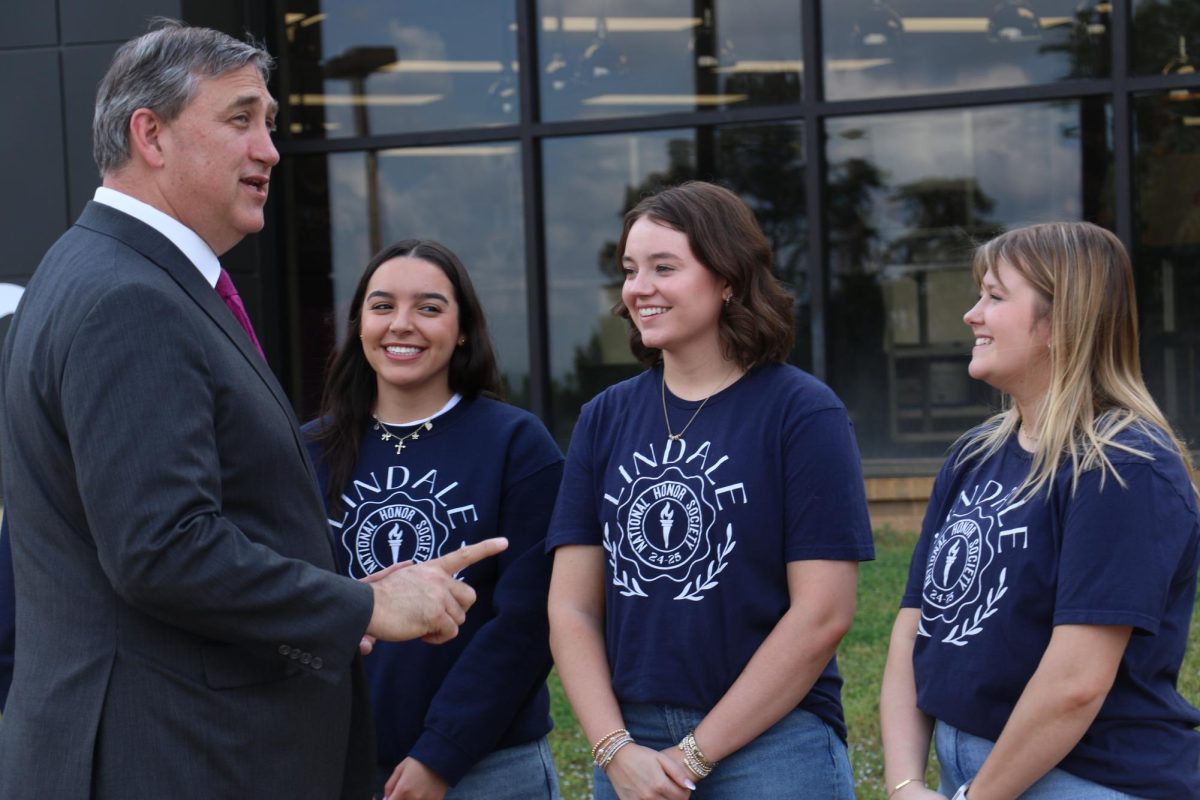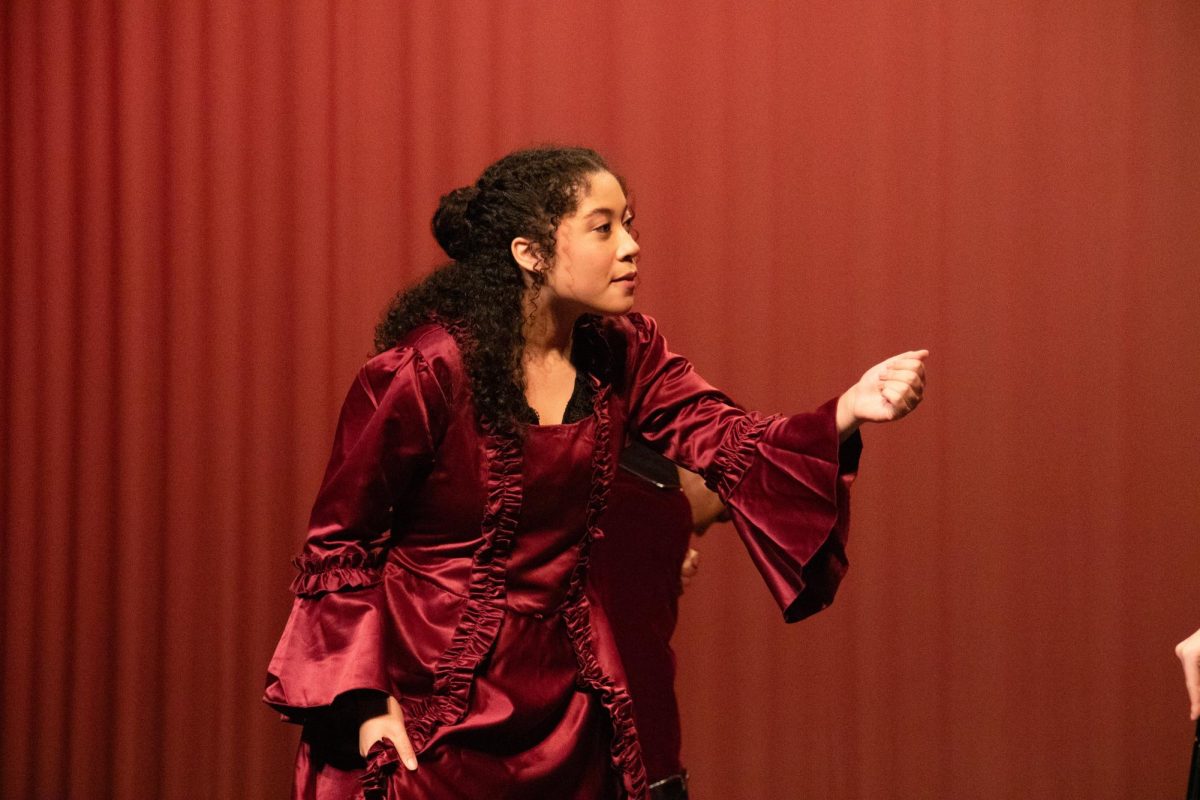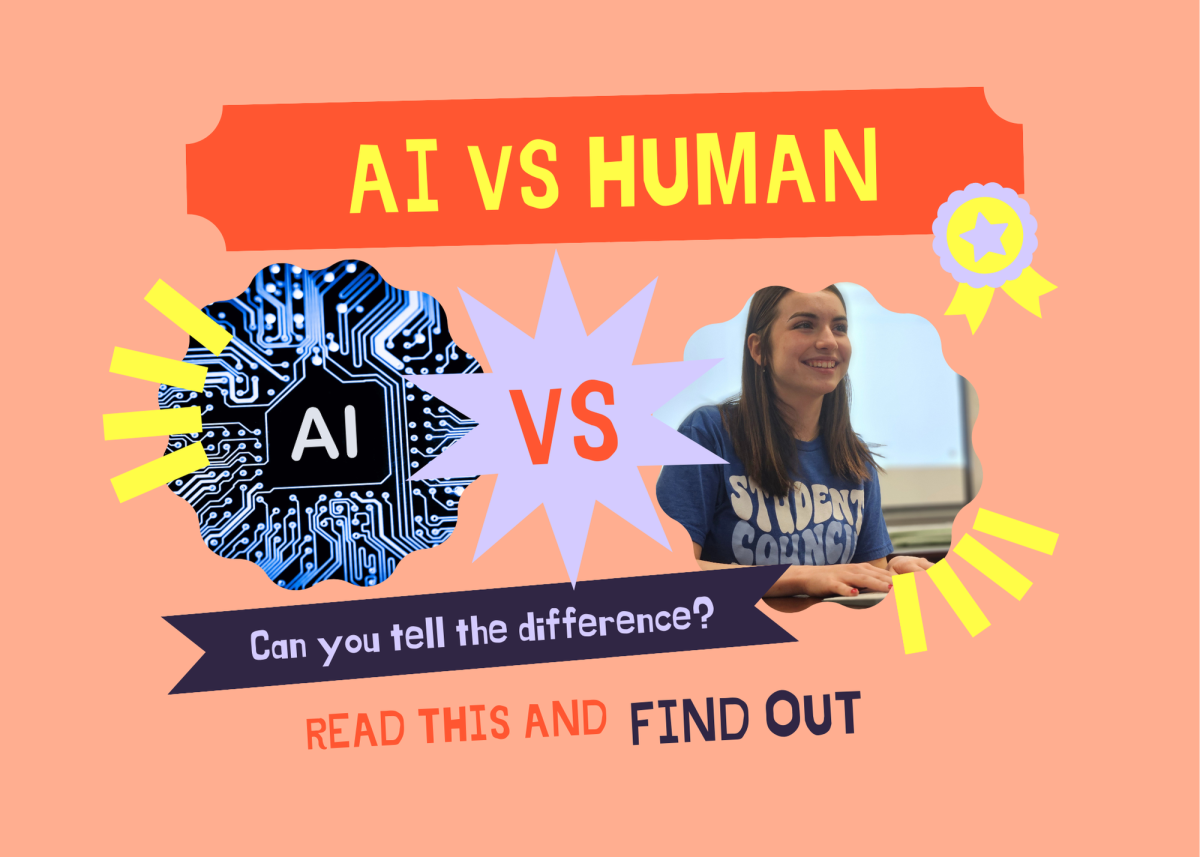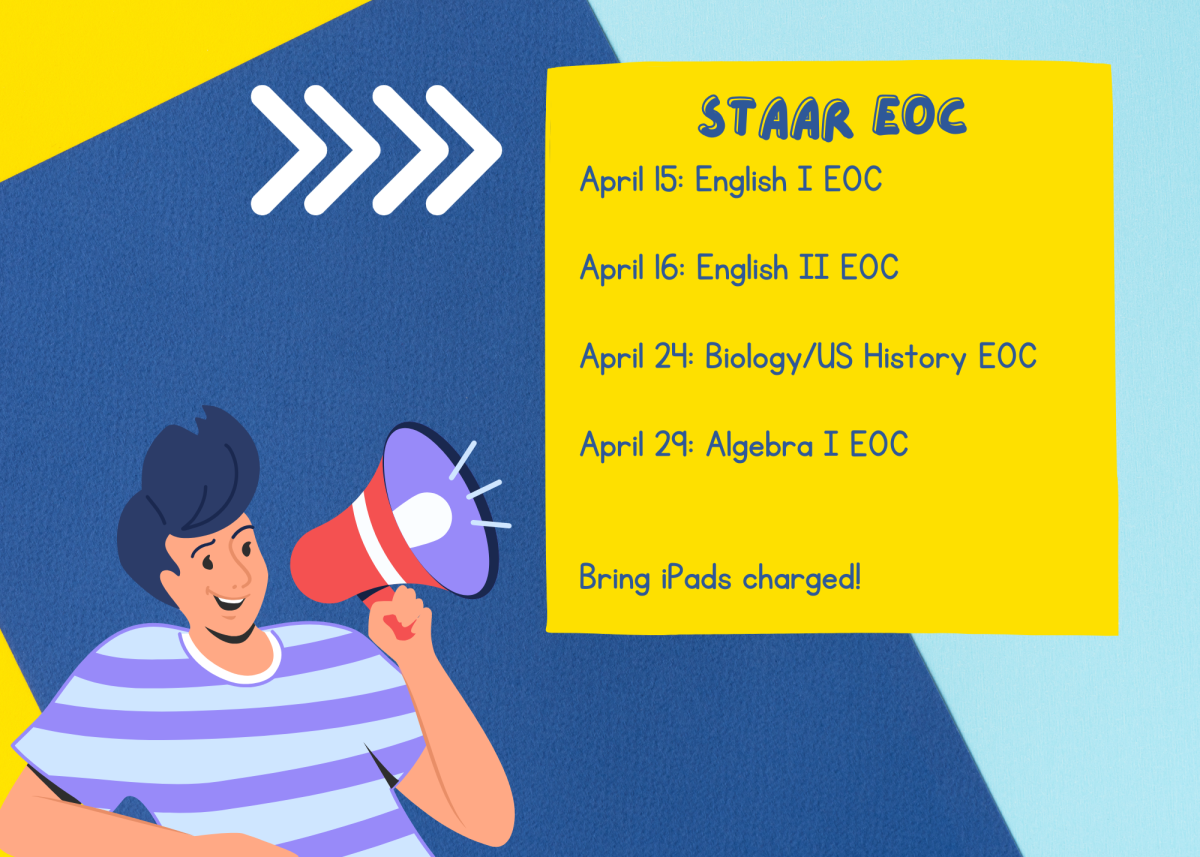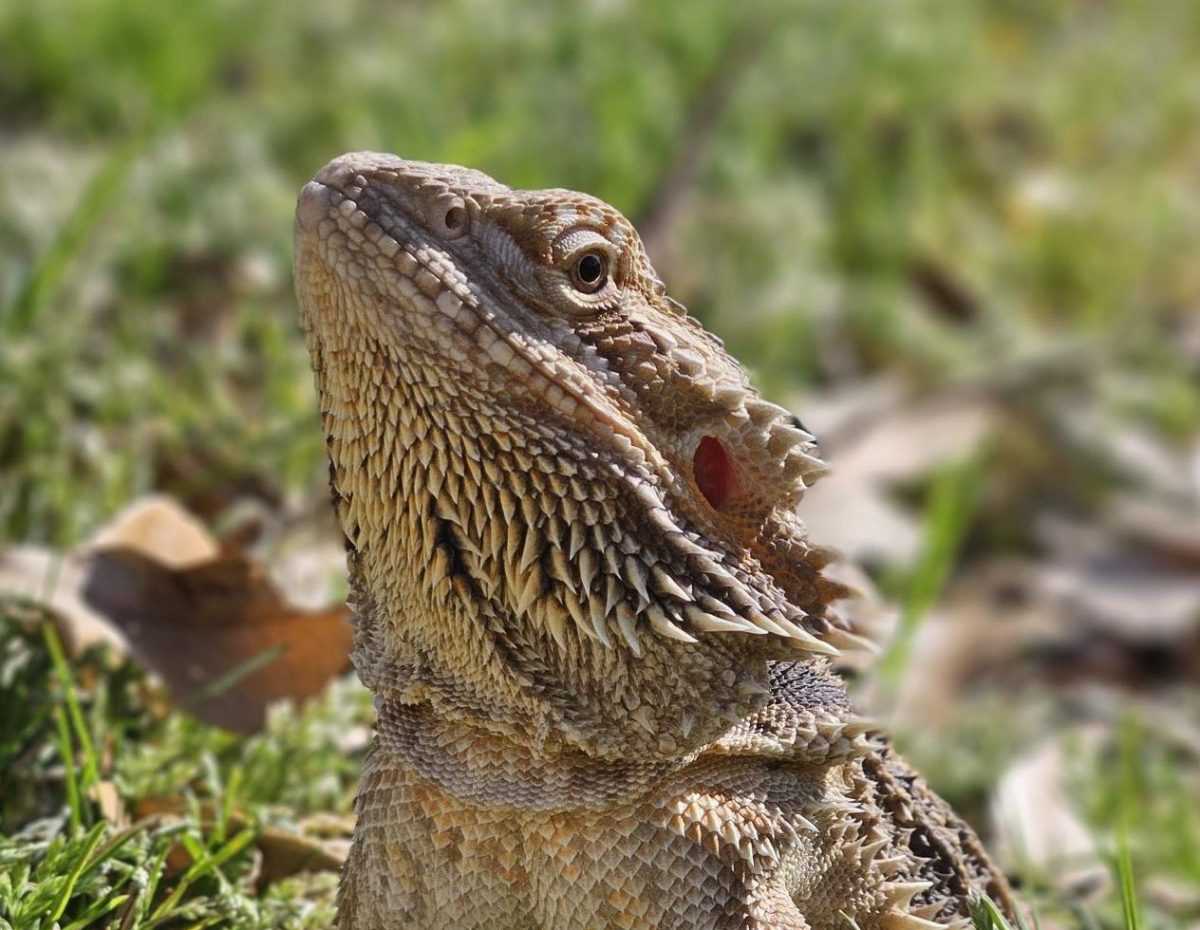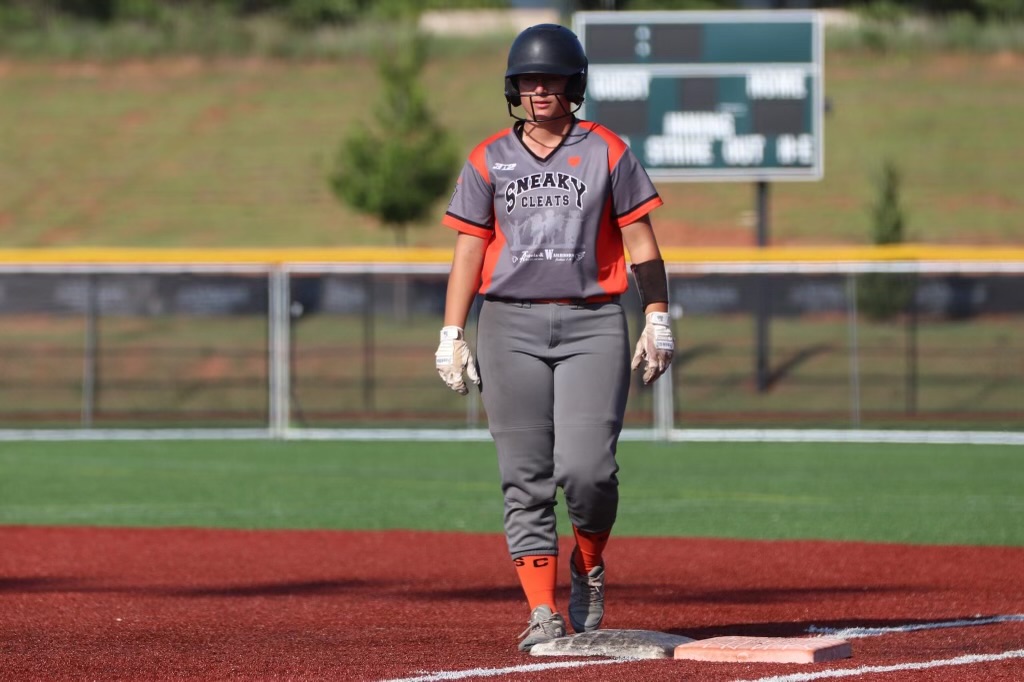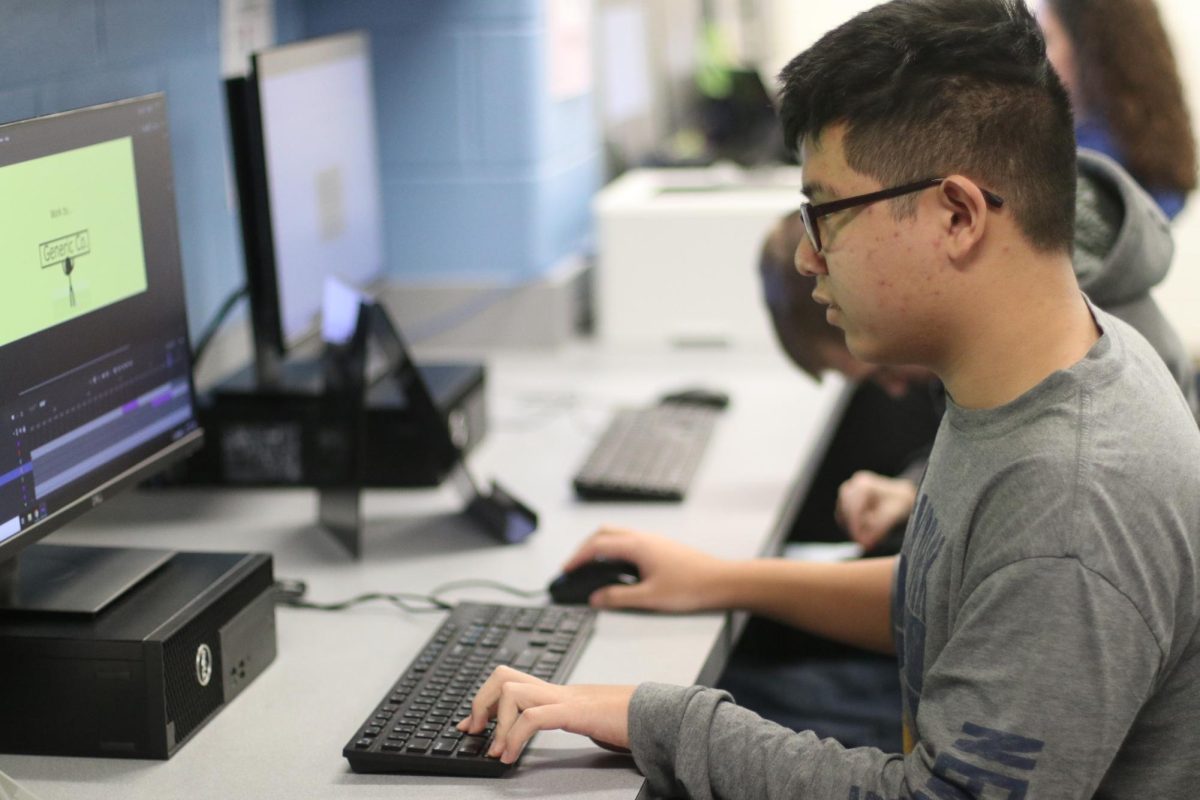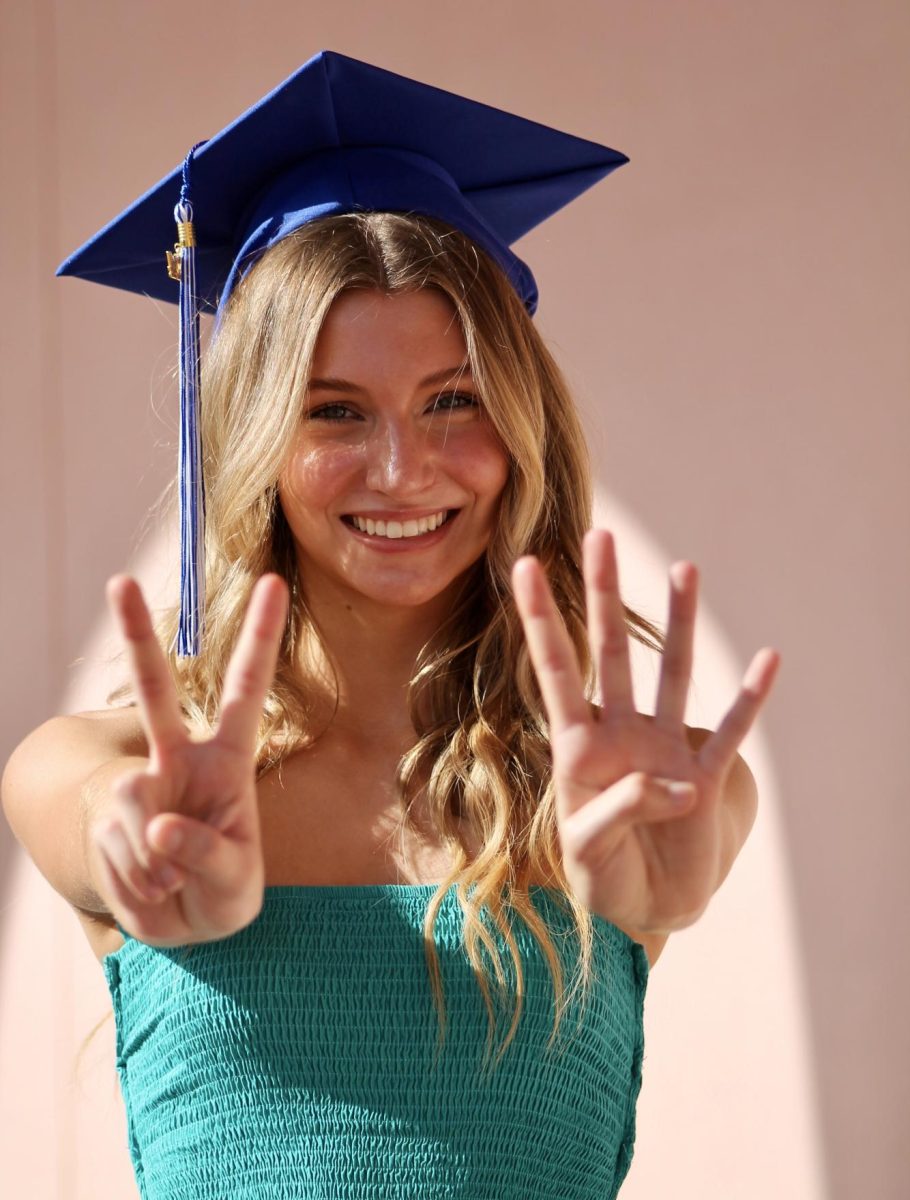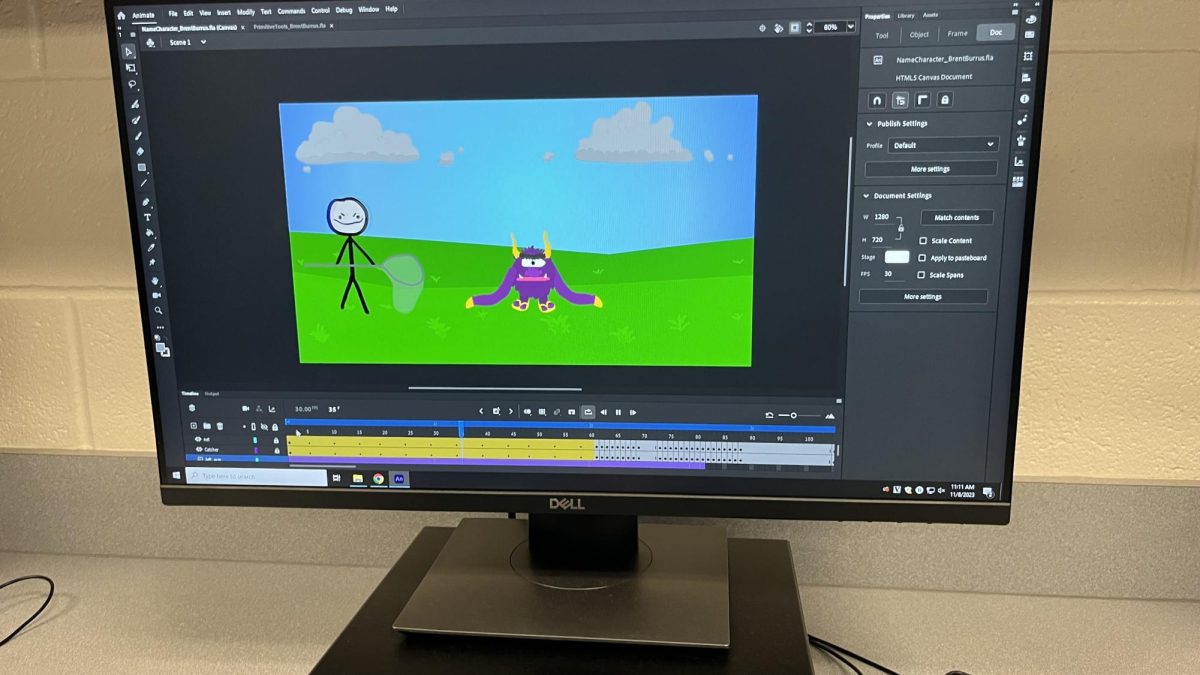Resounding, reverberating and resonating, the sound of pandemonium echoes off the walls. A flood of people hasten in and out of the house daily. To anyone else, this constant commotion would be overwhelming. To Ryan Tomlin, it is normal.
At school, he is an assistant principal tackling objectives left and right. Off the clock, he is a hero of a different variety. He and his wife, Brandy, foster a one-year-old girl with hypoplastic left heart syndrome- a birth defect where the left side of the heart does not form correctly.
“It’s been amazing to see how she has come through from the day we got her until now and how much improvement has happened,” Tomlin said. “It poses many challenges, but it’s very rewarding to be able to see her grow healthier and overcome this condition.”
The Tomlins have taken teenagers with rough circumstances into their home in the past. Although the Tomlins were not in the fostering system, they were accomplishing the same goal.
“They have such big hearts for [them to] open their home,” Emily Weesner, health science teacher, said. “What he is doing is exactly who he is.”
The couple decided to join a foundation through which they can foster. After weeks in the hospital, the Tomlins gained custody over the little girl. Since being in their care, she has reduced her medication from 11 medications to three.
“Just simply mentioned, above all else, this is what love does,” Tomlin said. “Love heals. It’s an amazing thing in our family because that’s what we believe.”
Hypoplastic heart syndrome requires a three surgery process- one when the baby is born, the second when they are about one or two-years-old and the last surgery around three years old. Currently, she has had one surgery and needs a feeding tube in order to eat.
“You just have to remember what you’re doing and why you are doing it,” Tomlin said. “You’re planting a good seed. We want to be a good example for those families and be able to talk and share the gospel with them.”
The child’s biological mother is allowed a five-hour visitation once a week. Two to three times a week, a therapist comes to the house to work with her mobility, muscle memory, reflexes and getting used to working with her mouth.
“We believe in the Word,” Tomlin said. “In James, it talks about pure religion. The religion is to visit the orphans and their afflictions, the widows and to keep oneself unstained from the world.”
The most incredible testimony in this experience, Tomlin said, is her improvement. During a routine check-up, the cardiologist said that she could not believe how much progress she has made.
“She’s fourteen months old,” Tomlin said. “She is probably two months behind in her stage but vastly catching up.”
She is now crawling, lifting herself up to stand, talking and is aware of her surroundings.
“That constant love and affection can never be replaced,” Weesner said. “Just not being held or being fed when she cries changes the brain chemistry. This home allows [her] brain, in very early years, to grow up and to mature at the rate that it should. Even though [she is] little and they may not get to keep [her] forever, they have a significant impact on the future brain development of this child.”







